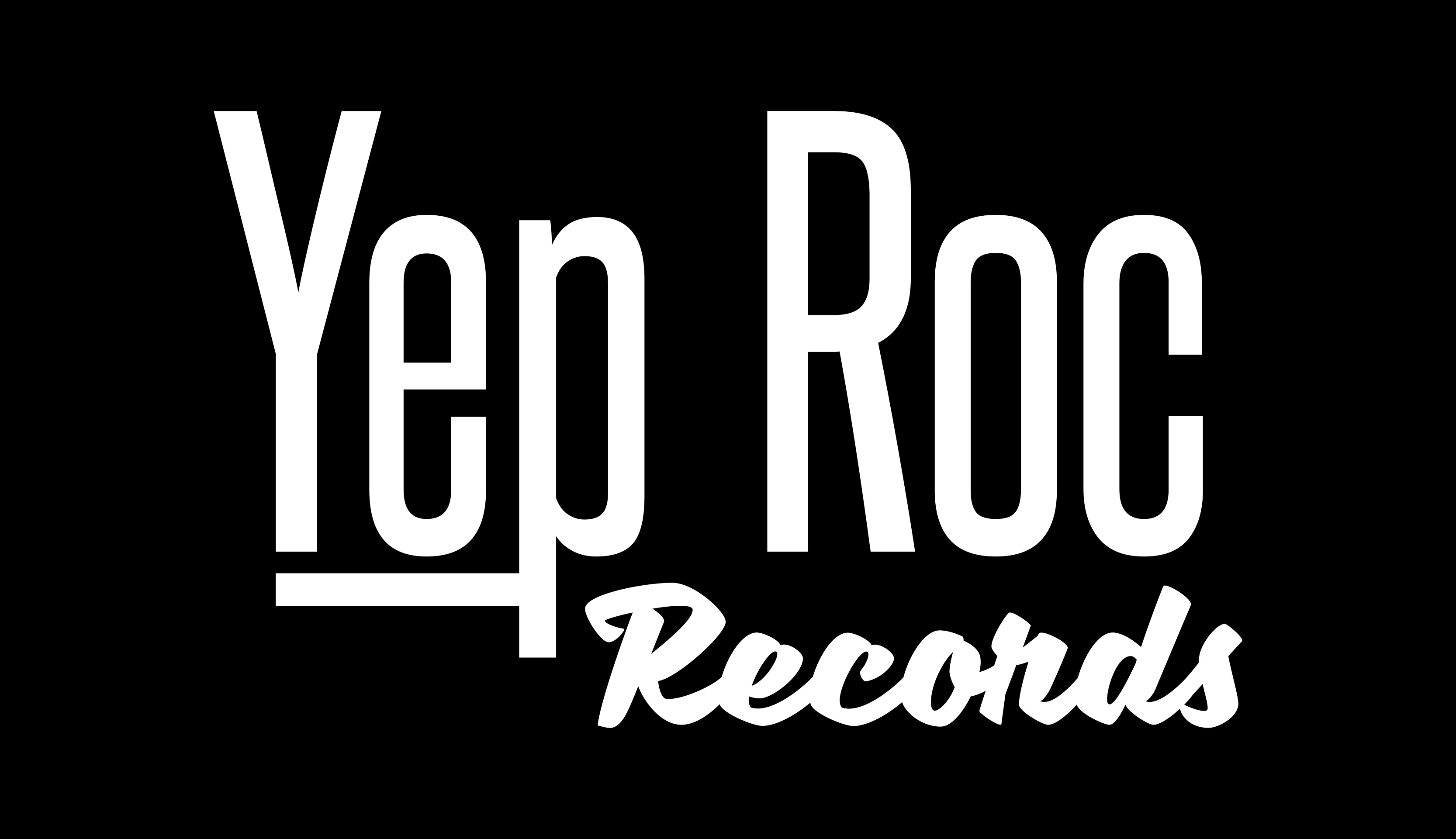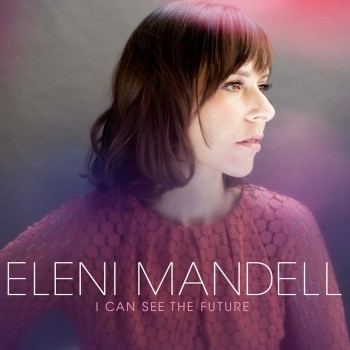LA songstress Eleni Mandell has created an impressive body of work over the last decade. Her critically acclaimed solo albums, characterized by her sultry, airy vocals, languid LA noir persona and sophisticated songwriting and arrangements have had critics drawing comparisons to Elvis Costello, PJ Harvey, Feist, Chrissie Hynde, Joni Mitchell, Talking Heads and Television. As a vital member of the LA songwriting scene, she is also a member of indie folk supergroup The Living Sisters – Eleni and Becky Stark (Lavender Diamond) and Inara George (The Bird and the Bee).
So for many fans, it may come as a surprise that Mandell’s eighth solo album, I Can See the Future, set for release July 10, 2012 on Yep Roc Records, is her first official label release. The album’s title comes from a chance visit to a tarot card reader over a decade ago. “She asked, ‘Are you a musician or a poet?'” recalls Mandell. “And she described my music in this incredible way that made a lot of sense to me.” Within a year, critics were doing much the same thing, lauding kudos on Mandell’s 1999 debut, Wishbone. The card reader also told the singer she’d marry at age 32. “Then I asked about having kids… and she had a weird response.”
Fast forward to 2010. Mandell’s life was in tumult. Her seventh album, Artificial Fire, had been released the year before as the nation was in the throes of a deep recession. Not only was she still unmarried, but several long-term relationships — both romantic and professional — had recently soured. Starting a family without a dad at hand seemed a daunting prospect.
“The fairy tale I’d thought I was going to have didn’t happen, so I had to make something happen for myself,” she admits.
After much soul searching, she forged ahead on her own, and engaged the services of an anonymous sperm donor. “I can tell you that he’s an astrophysicist and likes classic rock.” It was during these emotionally charged months that I Can See The Future was composed. Although Mandell characterizes this period as one of “frustration, disappointment, and intense sorrow,” the word that best captures the mood of her eighth full-length is “bittersweet.”
Produced by Joe Chiccarelli (The Shins, The Strokes, White Stripes), the two put together a impressive group of players for the sessions; their combined dream teams yielded a variety of instrumental flavors that complement and frame Mandell’s dreamy, understated singing. The pedal steel guitar of Greg Leisz helps paint the Southwestern imagery of “Desert Song,” saxophonist Steve Berlin (Los Lobos) burnishes the soulful contours of “Who You Gonna Dance With,” and Benji Hughes plays Lee Hazlewood to Eleni’s Nancy Sinatra on the rambling “Never Have To Fall In Love Again.” Joey Waronker plays drums throughout, including the brushed snares of the jazzy “So Easy.” Mandell’s colleagues from vocal trio the Living Sisters contribute backing vocals throughout, while the string and horn arrangements of Bright Eyes’ Nathaniel Walcott lend a classic pop sensibility to tunes like “Magic Summertime” and “I’m Lucky.”
Whether she sings of dying embers or smoldering passion, a warm glow imbues the music throughout. I Can See The Future reflects on romance with poetic precision, yet also encompasses Mandell’s wistful reflection on the condition her condition was in (“Bun in the Oven”) during the album’s gestation. All 13 of these new songs are marked by the wry humor and lyrical economy that have long made her work so striking, as well as the tasteful, empathetic arrangements and timeless songcraft that’s always characterized her work.
Eleni Mandell can see the future. But is she psychic? No. Not in the supermarket tabloid kind of way. But she can read what is written on her heart, and transform those sentiments into sublime songs. And that is a rare, extraordinary gift, too.
Eleni Mandell on the web:
http://elenimandell.com
http://www.facebook.com/EleniMandell
https://twitter.com/#!/elenimandell

